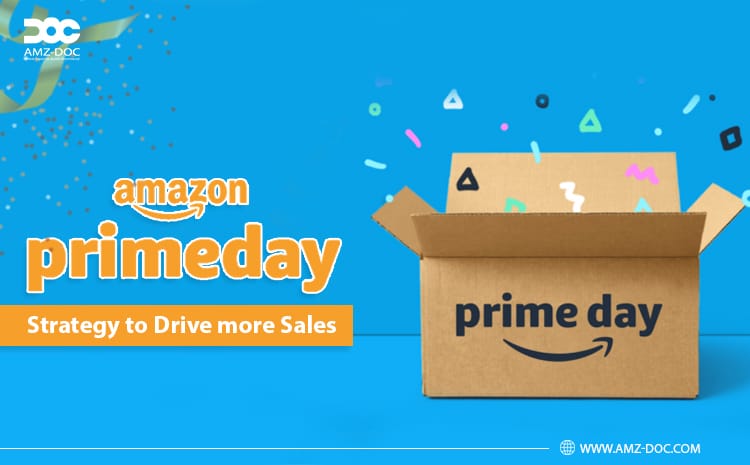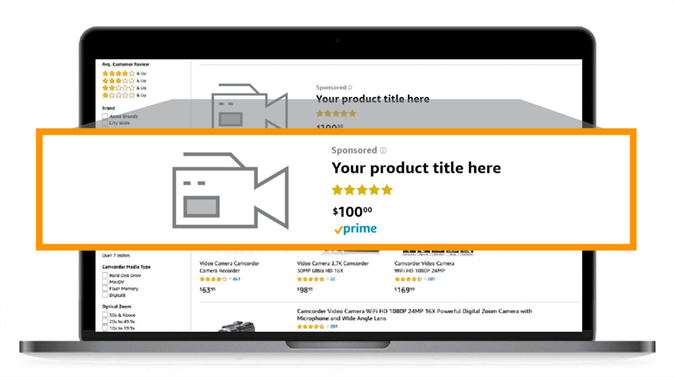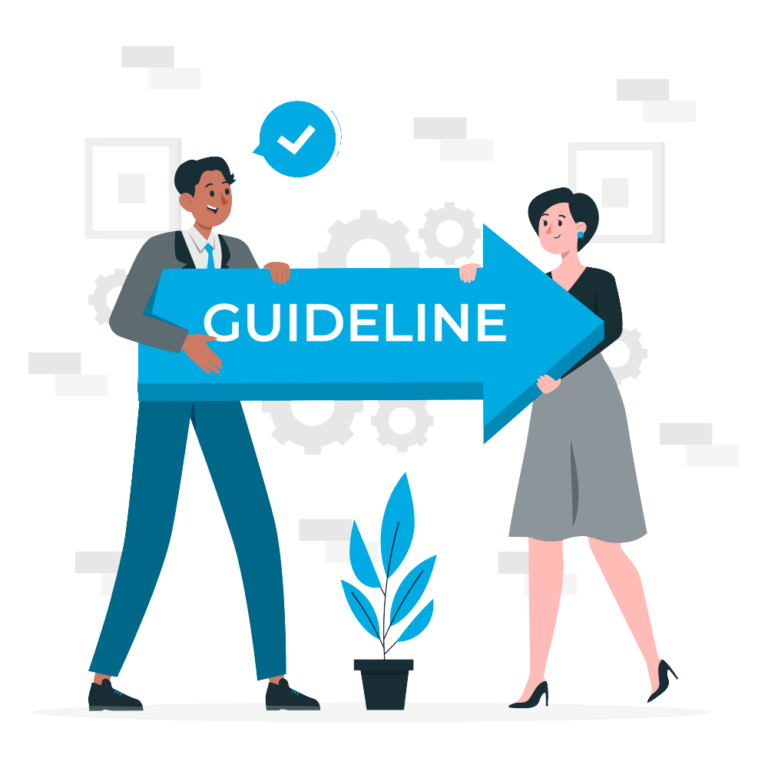Explore Our Product Launching Service – Learn More
Explore Our Product Launching Service – Learn More

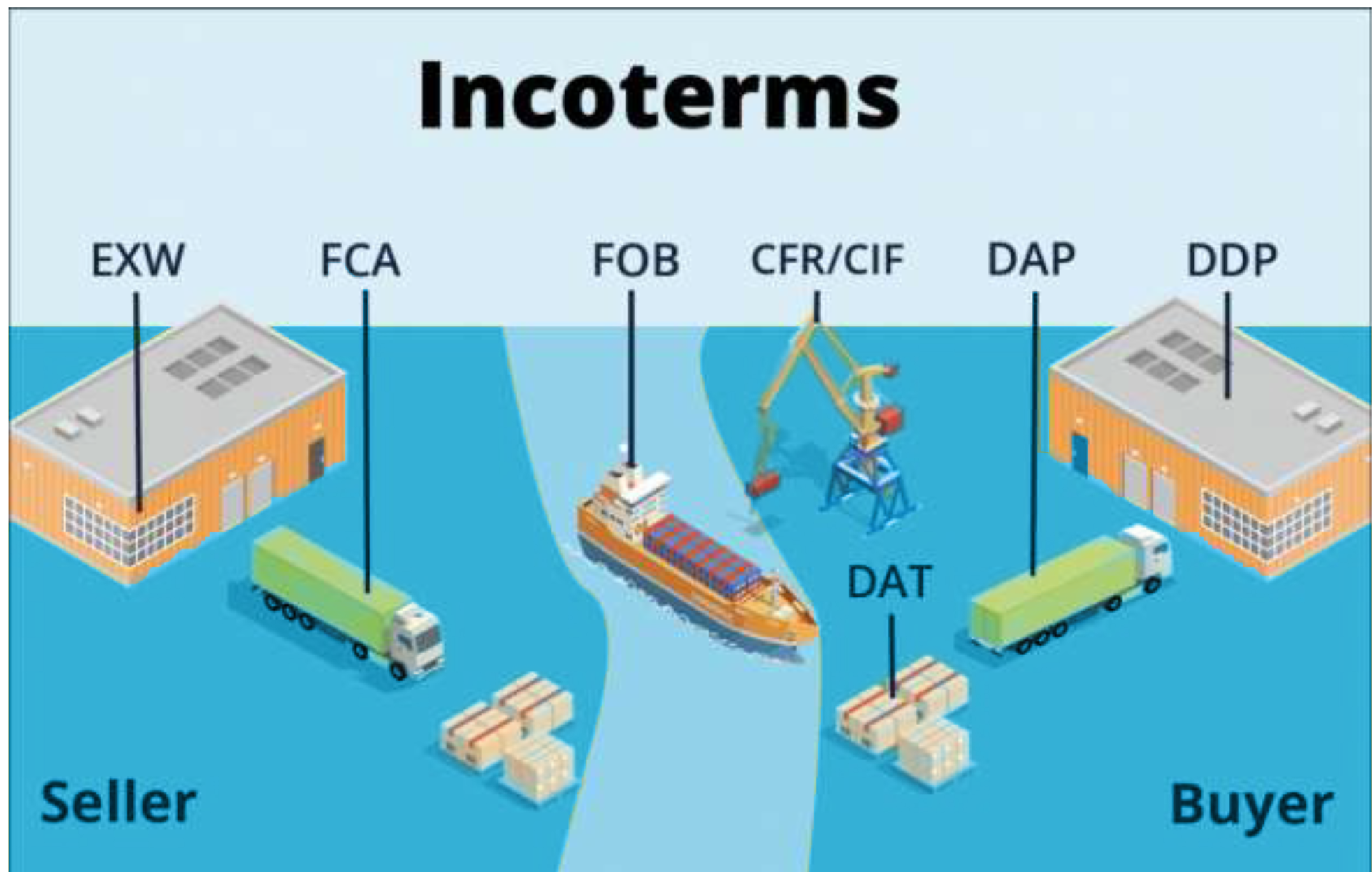

The term FOB refers to the seller shipping the products to the nearest port and then being liable for the rest. The Seller will deliver this to the shipping port, and the Buyer will either pick it up or deal with a freight forwarder to ship it on their behalf. The seller is in charge of clearing the items for export, whereas the buyer is in charge of the products once they arrive at the port. When receiving FOB rates, make sure you acquire the name of the port where the products will be delivered.
A supplier can give this as the most basic shipping Incoterms. The seller makes the item available for pick-up at the factory and assumes no responsibility for it once it leaves the factory. The buyer is responsible for shipping it from the factory to the buyer’s location, as well as all export and import approvals and insurance costs.

If you’re getting your first quotation from a factory, they’ll nearly always offer you an EXW quote unless you specifically request a quote in another term. The reason factories and suppliers quote in EXW is that it is their lowest pricing, and it looks good when you’re comparing quotations and need the best deal.
The seller is responsible for and pays for everything under these terms. To the final destination, the vendor pays all costs and takes all risks. The buyer is only responsible for unloading the goods once they have arrived at the buyer’s designated final destination.
Why we don’t receive every project DDP, we’re frequently asked. It is the most convenient for the customer, but it is not the cheapest. The seller chooses the delivery provider, and it will be the one that they choose not the cheapest or most dependable for you. You’re placing a great deal of faith in the shipping firm.
I recommend receiving a DDP estimate from your supplier, a FOB quote, and a freight forwarder quote, and then comparing the ultimate total price of the two.
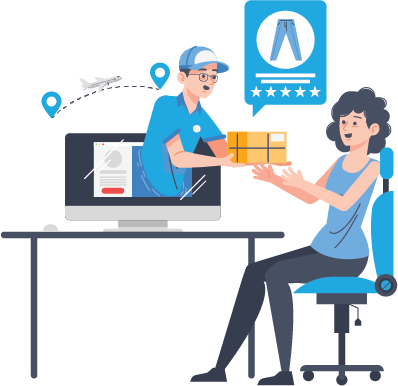
The goods are delivered to the buyer’s final destination by the seller. The seller bears all shipping risks and either loads the products himself or hires a third party to do so. The buyer’s sole responsibility is to pay the customs fee and clear the products for import. In addition, the buyer is responsible for unloading the items at the ultimate destination.
Sea freight is a method of transporting large quantities of products via cargo ships. Goods are packed into containers and these containers are loaded onto a vessel, where they will be sailed to their destination country.
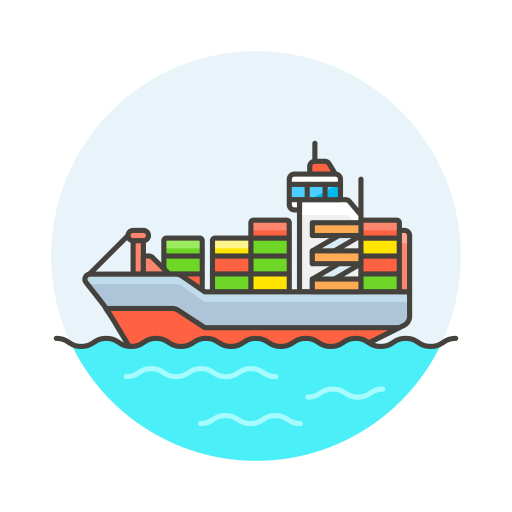
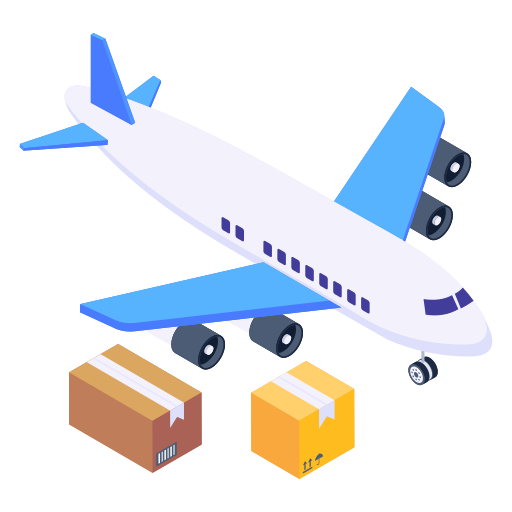
The transfer and transportation of products by an air carrier, whether charter or commercial, is known as air freight parcel delivery. Shipments of this nature depart from commercial and passenger aviation hubs and proceed to any location where planes may fly and land.
The fastest mode of shipment is express delivery. For this type of delivery, the buyer pays an additional shipping fee, as the package will be delivered to him within 24 to 72 hours.

Because they have access to high volume contracts with carriers like FEDEX, DHL, and others, suppliers can negotiate lower delivery prices. Suppliers frequently have their own freight forwarding service, which is usually less expensive than trying to find one on your own. Make sure you’re getting door-to-door shipping, regardless of the words your supplier uses.
Products that have outstanding duties or taxes cannot be sent to Amazon FBA. They will mostly certainly be returned to the sender if they do. As a result, it is critical to ensure that this does not occur. Smaller orders to the United States are likely to be duty-free (there are some exceptions.
Orders to Europe will be subject to VAT and, if they exceed a specific value, duties. Orders shipped to other countries may be subject to customs and/or taxes. The supplier should know, or at the very least be able to ask their shipping agents, but it’s a good idea to double-check. If in doubt, request DDP shipping, and if the provider refuses, look for another supplier.
DDP is the safest option, and having door-to-door is required to ensure that you are not responsible for delivering the products from the port or airport to their final destination.

